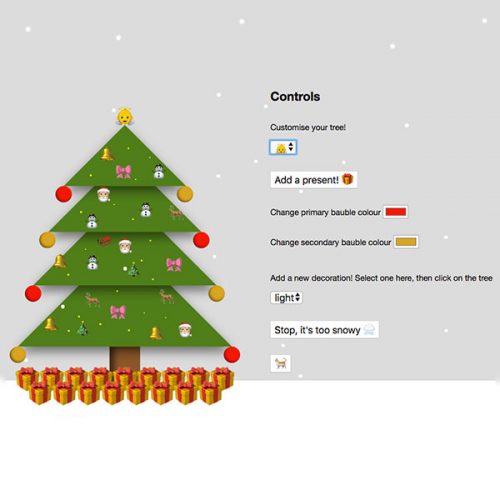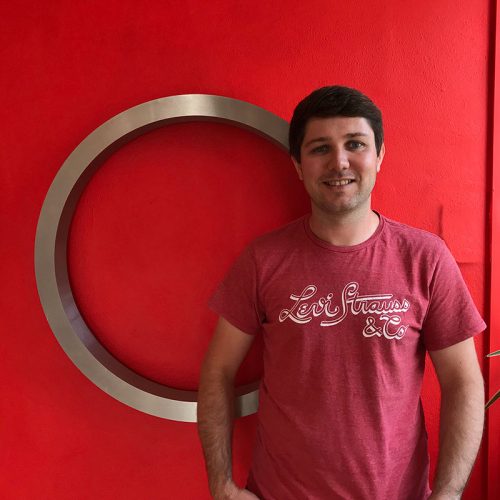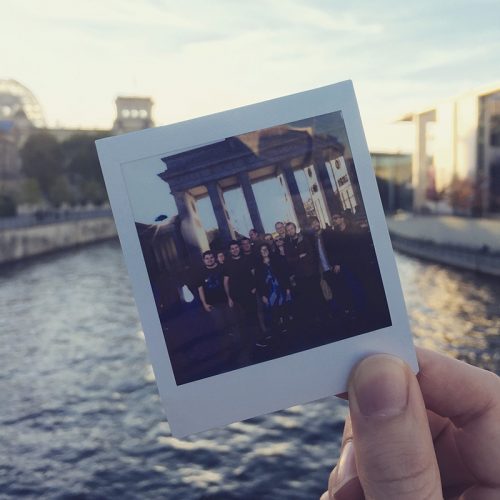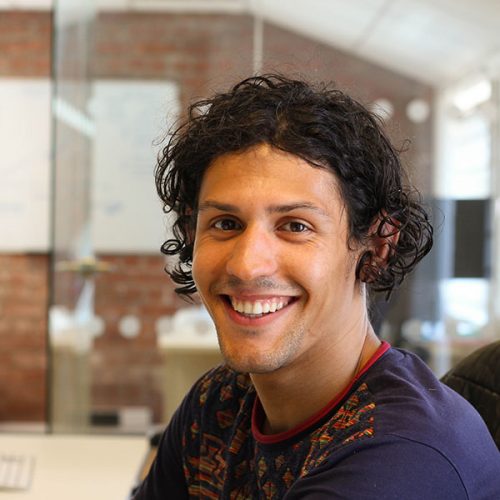With an unabating surge in tech companies and startups across the globe, the demand for developers has skyrocketed. A career as a developer is often a rewarding one, with plenty of job choice, a good salary offering and a high-level of flexibility that allows people with the right skills to flourish.
Attempting to meet the high demand for tech skills, a whole host of coding schools have surfaced that promise to train code newbies from all walks of life to a professional level in as little as three months.
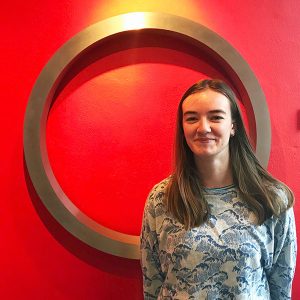 It’s a big deal for most students of these schools to throw caution to the wind, give up their existing careers and start again by taking these intensive professional courses. But plenty of people are, including our very own front-end developer Kate (pictured right) who joined us 8 months ago after taking Bristol-based DevelopMe’s 12-week coding bootcamp. Keen to know more about the potential of these schools, we coaxed her into telling us about her own adventures in learning to code.
It’s a big deal for most students of these schools to throw caution to the wind, give up their existing careers and start again by taking these intensive professional courses. But plenty of people are, including our very own front-end developer Kate (pictured right) who joined us 8 months ago after taking Bristol-based DevelopMe’s 12-week coding bootcamp. Keen to know more about the potential of these schools, we coaxed her into telling us about her own adventures in learning to code.
Alice: What were you doing before you became a developer and what made you decide to start from scratch and take a full-time coding course?
Kate: Just before starting the course I was working as a telephone interviewer in a recruitment department, which was occasionally interesting, but it became clear within my first week that this was not the career for me.
I learnt an awful lot of things on the 12-week course and my brain felt distinctly melty by the end of it
Previously I had studied Psychology at Bristol University, and later did an evening coding course which led me to try a few online tutorials and look into more in-depth courses. When I found the bootcamp at DevelopMe it sounded perfect; by then I had realised that the mix of logical problem-solving involved in development, and the psychological aspects of UI and UX, would suit me very well.
Alice: How did you find the process of training to become a developer?
Kate: I learnt an awful lot of things on the 12-week course and my brain felt distinctly melty by the end of it. One of the hardest weeks was when we learnt about React and Redux, which often had me holding my head in my hands in despair. Then for some reason I used React to build my final project and everything suddenly made perfect sense. It was a great moment when I got that project working properly.
Alice: What have some of the highs and lows been since moving onto working in your first role(s) as a developer?
Kate: I had another job for three months before starting at Simpleweb and sometimes felt quite out of my depth, which was only to be expected really and could only be combated by practising and learning as much as possible.
In my current role I’m being given a lot more responsibility for different aspects of projects and I find I do know what I’m doing most of the time. This is a fantastic feeling, and shows how much I’ve learnt since the end of the course and how much my colleagues have helped me along. Another highlight is the now-traditional monthly team quiz night, although we do have a habit of finishing in second place.
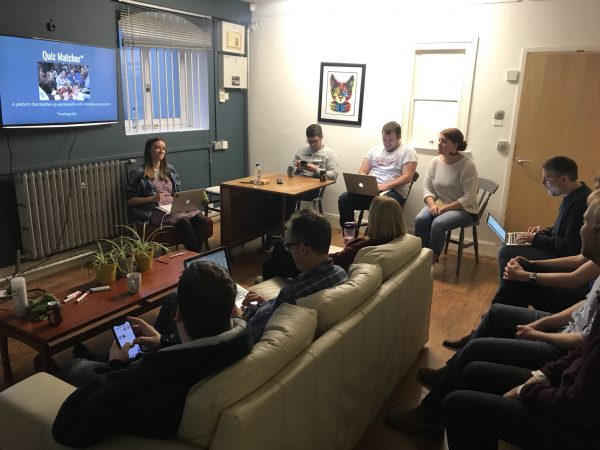
Alice: What has been your favourite project whilst working at Simpleweb?
I would love to programme an artificial pancreas
Kate: I would have to say Giki, an app which provides users with information about the social, environmental and health impacts of different products. It was already quite well-established when I started working on the project, but there were lots more ideas and interesting problems to solve. I think it’s a great product and something I’m proud to have been part of.
Alice: What advice would you give to someone who’s just starting out and would like to follow in your footsteps?
Kate:
- If you’re meant to be on a full-time bootcamp and you also have a part-time job, try to avoid working every evening (although doing some things that aren’t coding is definitely a good idea – such as going for a little walk at lunchtime, which always makes me feel refreshed and ready to get back to work in the afternoon).
- No idea for a personal project is too silly, and it’s all good practice.
- Get your eyes tested regularly.
Alice: If you could do anything in the world with code, what would you do?
Kate: My other half has type one diabetes and I would love to programme an artificial pancreas, but I probably don’t have quite the right level of medical or technological knowledge yet.
If you’d like to discuss your startup or project, get in touch with Simpleweb today.
